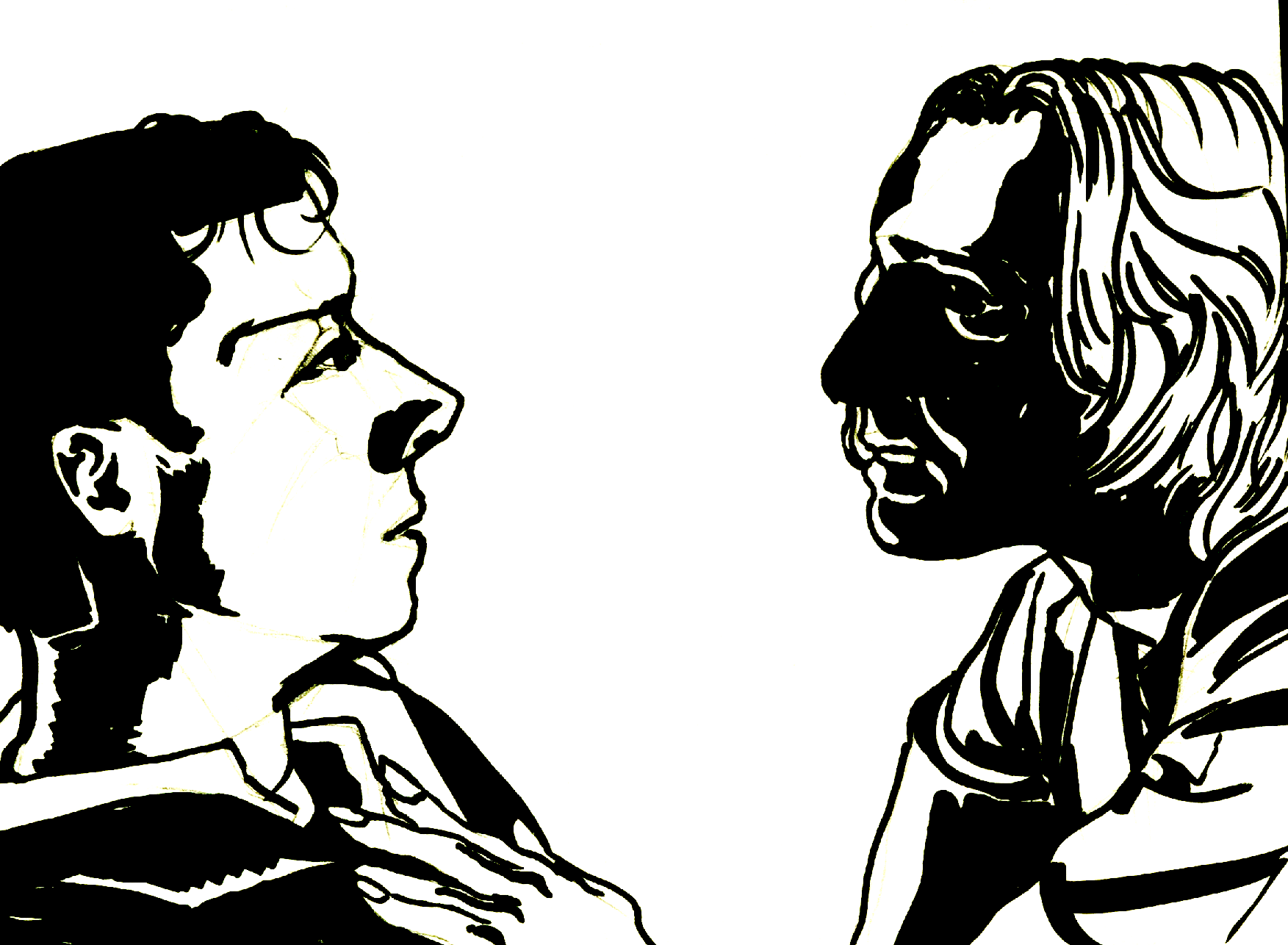The Dark Gift of Gay Vampires
Dorian Blue #lgbtq+ #queer #tv review
The Interview With The Vampire TV show, an adaption of the 1976 book of the same name, debuted its first season on Oct 2nd. It dives into the fraught relationship between the two leads, Lestat and Louis, and their time living together in the jazz age of New Orleans. It is twisted and devastatingly beautiful, bringing the gothic genre back in full swing. Louis sits in a penthouse in the modern day, recounting the events of the past in a poetic and melancholic narration to a cynical journalist named Daniel Molloy, who had originally interviewed him fifty years before. Louis tells Molloy to “let the tale seduce you—just as I was seduced.”
It is an adaptation in the truest sense. The original book was set in the 18th century Antebellum south, in which Louis was a plantation owner who gave his interview to a reporter in the 1970s, which was then the present day. In the show, the story is set in the 1910s through 1940s. Louis is a Black Creole man who owns brothels. His life is full of posturing and lies as he exists as Black, Catholic, and deeply closested in the Jim Crow-era South, which tortures him. He has to provide for his family, even as they know and disapprove of the illicit places his money comes from.
His life is a series of performances; in each aspect of it, he has to hide an important part of himself to fulfill the roles set for him. By becoming a vampire, he hopes to gain true control for the first time. “Take a Black man in America. Make him a vampire. Fuck with that vampire and see what comes of it.”
The changes made exemplify the heart and soul of the story. The characters are the most vivid versions of themselves that I’ve ever seen on screen.
Interview with the Vampire is regarded as both a gothic masterpiece and homoerotically charged. Any discerning queer person can tell from Louis’ spiteful recounting of Lestat that they were lovers, but for many straight readers, it went over their heads. All ambiguity is cleared in the second book, when Lestat, the narrator, describes how he fell “fatally in love with Louis” and in the modern day epilogue, they reunite and kiss.
The show masterfully takes the subtext of the first book and more overt themes of the later books, brewing it into direct text. Louis described Lestat by saying “he was my murderer, my mentor, my lover, and my maker.”
Instead of engaging in the tedious “will they won’t they” that a lot of media does with queer pairings, Interview delves deep into Lestat and Louis’ relationship; its shining moments and many shortcomings.
As Lestat professes his love to Louis on the altar of church, stroking his cheek and telling him, “I send my love to you and you send it back round to me,” violence and carnage surrounds them. They are hopelessly drawn together, but will also never truly understand each other.
As the episodes progress, the show becomes a tale that is more and more twisted. It draws the viewer in with its chilling depictions of intimate partner violence, taken to the extreme with vampire powers. That is followed up by love bombing, false promises, and a family dynamic so fucked up Freud would have a field day.
Interview With the Vampire is campy, viscerally horrifying, and stunningly beautiful, all with the backdrop of New Orleans. What more could you ask for?
 Art by Stella
Art by Stella